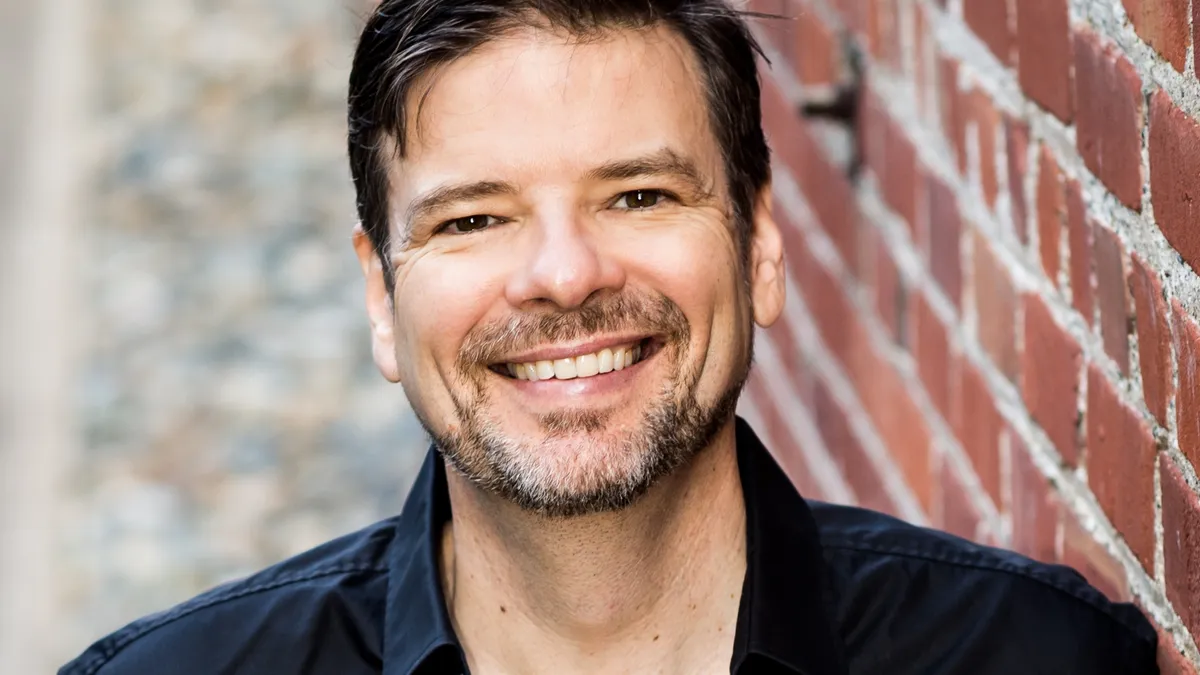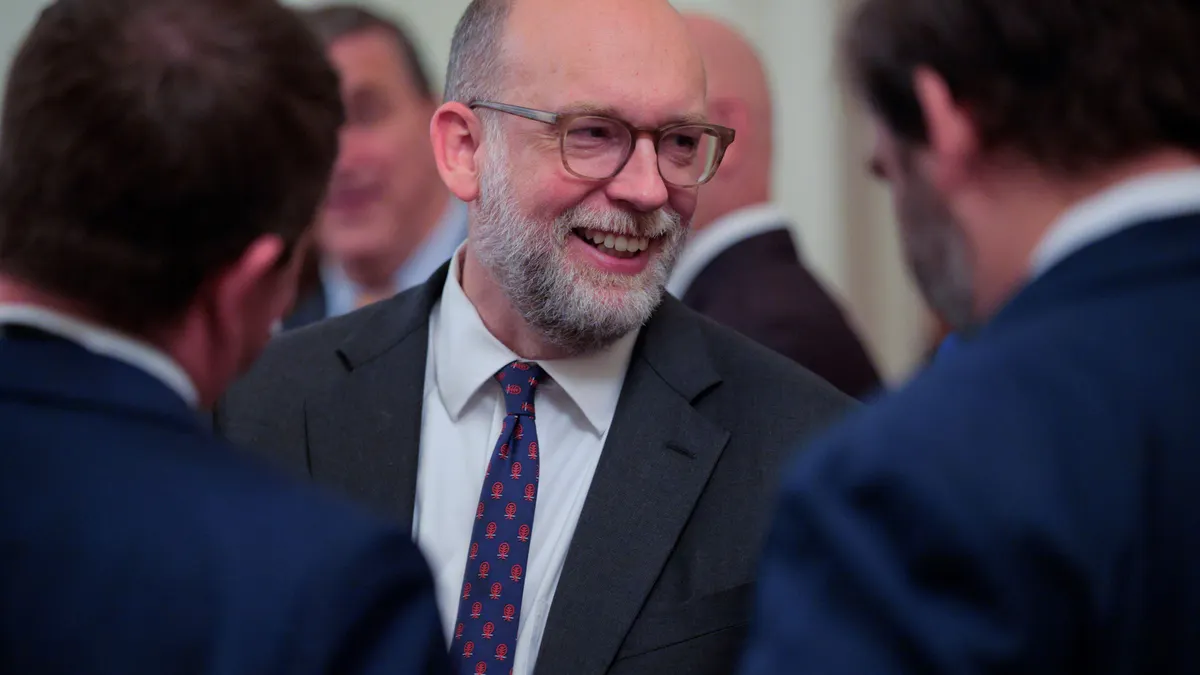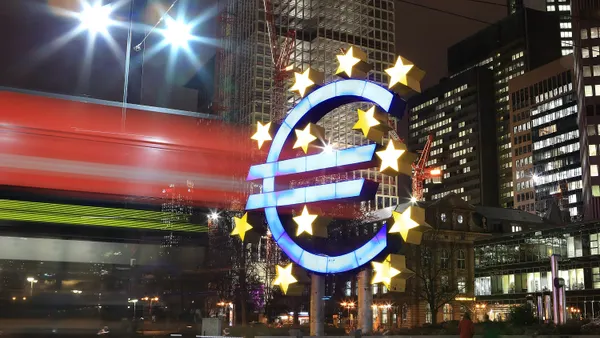Chime Chief Technology Officer James Barrese remembers his first financial downturn as an executive well.
It was 2001. The dot-com bubble had burst, and his office at Charitableway, a company that created customized online solutions for charity campaigns, had a view of the freeway in Silicon Valley.
“I was working late every night, so I'd see the commute traffic back up and all the red lights on the freeway from the traffic jam. I could see all the way down the freeway, and week by week, the red lights — it was almost like the tide going down — there was less and less traffic.”
“By the end of a month, because all these startups were shutting down and money was drying up, there was no traffic jam,” Barrese said.
The next crash was just as memorable. In 2008, as eBay’s vice president of architecture, platform and systems, he had to pull the trigger on staff cuts and other cost reductions.
But in a bear market, he said, you still have to keep an eye toward both innovation and optimization.
“You can't completely focus on cutting. You need to both be reducing costs and improving the business and innovating. You can't take your eye off either ball,” he said.
“There a lot of people [in fintech] that have never seen a more restrained economic cycle. A lot people are worried, like, ‘Hey, we're in innovative fintech and we want to build products and all this optimization is gonna impact our growth.’ What I found is that it doesn't, that by really being disciplined and driving optimizations and improvements, you actually get faster and better,” he said.
When Barrese joined Chime as senior vice president of technology and engineering in July 2021, the fintech was in the middle of a banner year. That month, Barrese’s prior employer, PayPal, hit its all-time high stock price at $308.53 a share, and Chime had just topped Apptopia’s list of most downloaded banking apps.
But 2022 was filled with challenges, enough that Chime put its expected IPO plans on hold; and like many in its cohort, initiated layoffs. In challenging times, Barrese looks at his memory bank like a North Star.
In a past position — he didn’t say which one — he had a team that was just go, go, go, working collectively toward system expansion, he explained, and it got to the point where it was “getting upside down … the revenues weren’t growing as quickly and yet costs were ballooning.”
With tweaks and discipline, he said, he had the team optimize, but not without pushback. His team was concerned that the optimization, including an emphasis on system resource utilization, would come at the cost of how much engineering time could be spent innovating for customers.
What was “really interesting” about focusing on optimization, he said, is that previously, certain parts of the system had been crashing, and having to constantly restart it was one of the reasons they had to beef up the system’s overall capacity. By focusing on the optimization, the system got more stable.
“Actually, the customer experience got way faster because the system was performing better. And the engineering team, they weren't getting calls late at night for system issues. The net result was we had a lower cost, the engineering teams were actually happier because the system was way more stable; and customers were happier because the product was snappier, faster and it was better experience.
“It was really a light-bulb moment that focusing on growth at all costs isn't great. You don't want to be just focused at the bottom line all the time, either, but really building that discipline between the two is what this is about,” Barrese said.
He’s kept this lesson in his back pocket ever since, and has put it to use at Chime. The neobank, he said, is “really on a good growth path” with millions of members and “great” revenue.
As far as the fintech market overall goes, he remains “a huge eternal optimist.”
“I don't think people should be scared. It's a natural process of overextending and then kind of retracting. Following [the dot-com bust], there were a lot of people that started new ventures and found new opportunities. But because they did it from [a place of] financial discipline and they really thought about the sustainability of a business, a lot of really solid companies came out of the following era,” he said. “I think the same thing that will happen here.”














